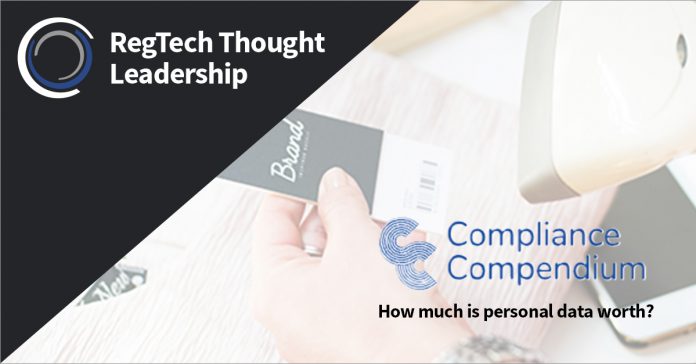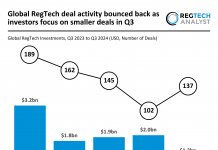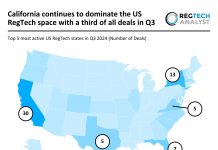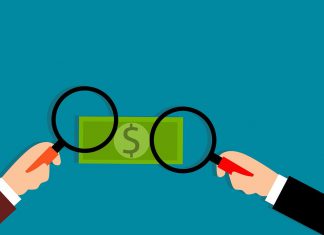As data protection rules are becoming more prevalent around the world, companies paying consumers for data could become the norm.
The question is, how valuable is personal data and what should the average consumer be looking to get paid. Compliance Compendium’s Gareth Gadd has taken a look into this and explores the value of data.
Compliance Compendium: Whether you like it or not, every time you turn on a computer, use your phone or operate your smart watch you will leak data because most times this involves connection to an online server. With the Internet of Things and 5G that will lead to a huge increase in personally identifiable data. To be fair, sharing data can lead to some great conveniences, like connecting a smart speaker to your hi-fi, lights, heating, garage door, and bank accounts (to pay for things) but these connections are also point of failure…
I was intrigued to hear that in the US, Amazon was paying shoppers $10 for their website visit data over “Prime Day”. Is $10 a fair price?
A few years ago, the FT ran an article on how much your data is worth (with an interesting calculator). Basically, if you are rich and getting married, also pregnant, and have a few medical conditions then it becomes a valuable cache of data to be hawked to whoever will pay for these insights. In 2013 this was valued at approximately $2.
One approach by Robin Bloor of Bloor Group was to look at total US revenues from digital advertising in 2017 were approximately $83 billion and which works out to be $289.19 per annum per head of US population. Is this high enough? The sensitivity of data depends not just on what it contains, but on how governments and companies can use it to exert influence. Hmm, that sounds scary, and people don’t like scary. Over a coffee yesterday a friend said “…so long as I’m not doing anything wrong what’s the problem?”. The problem is that when rules change about what is acceptable, you might find yourself having to justify yourself to your peers.
Bloor also looked at average value to advertisers through Facebook and Google being $1.72 and $2.32 respectively, but that’s an average and if you’ve ever looked at using adwords, the more popular being more expensive. The real eye-opener from Bloor was the value to hackers: Netflix password $3; Spotify $2.80 but bank card details together with other personalised data worth about $25 each – BUT if you hold a high balance that value can rise to $1,000 per account. Now we’re talking. Conducting our lives online means that the payoff for hackers is getting higher, and the more devices we have connected makes for many access points into that data. Some of this data is summarised very nicely by mba@unc.
In Europe we have GDPR but there are some interesting avenues being explored by US legislators who are seeking to protect privacy by forcing tech companies to disclose the “true value” of their data to users. Sens. Mark Warner (D-Va.) and Josh Hawley (R-Mo.) proposed the Designing Accounting Safeguards to Help Broader Oversight and Regulations on Data, also known as the DASHBOARD Act, which would put strict requirements on data operators .
“For years, social media companies have told consumers that their products are free to the user. But that’s not true – you are paying with your data instead of your wallet,” Warner reportedly said in a press release.
Now that would be interesting because the data of value is not just name, date of birth etc. but messages, likes, searches, online comments, purchases, even viewing-but-skipping-over a photograph in your feed.
So, what is your data worth? The DASHBOARD act may never become law, possibly due to lobbyists, possibly due to complexity. Your data undoubtedly has a value and if people knew how much it was really worth, then we could have a proper conversation around how much people are paying for connectedness and its convenience and if they really think it’s worth it. If you know how much your data is worth, you’d probably take much more effort in order to secure it from various threats and take maximum care with your most precious data.
© Gareth Gadd, Compliance Compendium 2019
Copyright © 2018 RegTech Analyst






